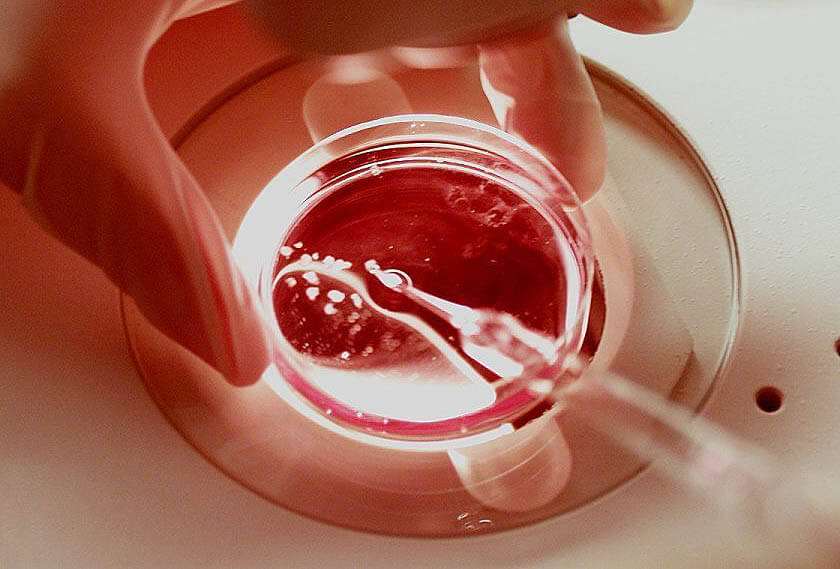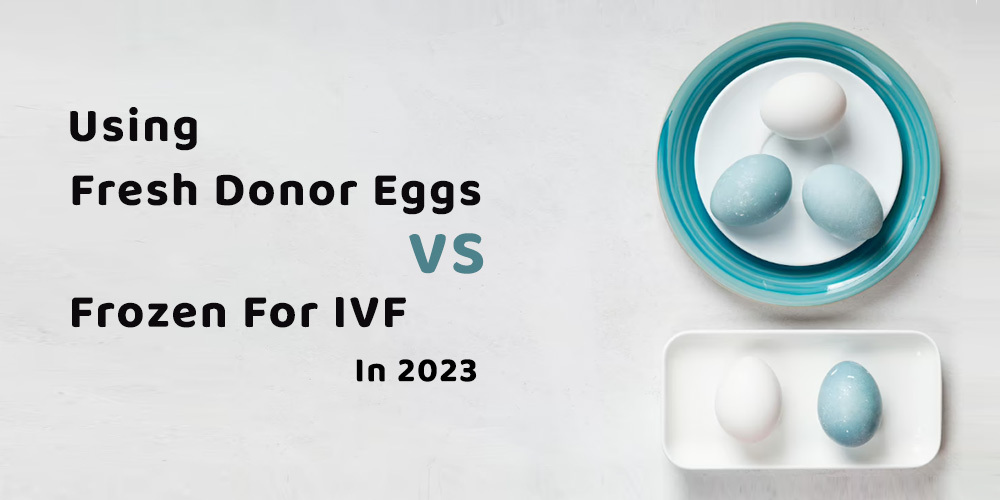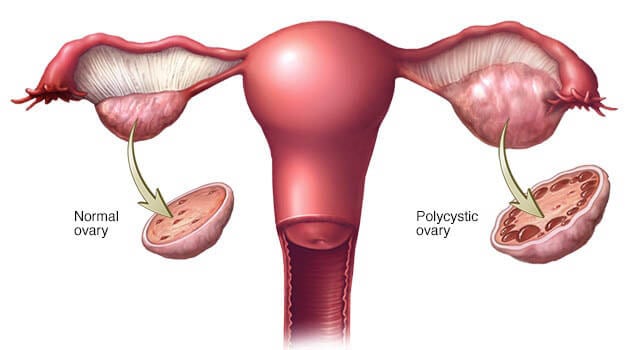
Which is better for IVF: frozen or fresh donor eggs?
When you ask about which one is better, it is good to know everything about fresh and frozen donor eggs. We speak about all advantages and disadvantages of fresh vs. frozen donor eggs via pros and cons in parentheses. After knowing all aspects, the final decision is yours.
Advantage and disadvantage of frozen donor eggs:
1. High availability with no wait time (Pro); fresh donor eggs vs frozen
Are you looking for the fastest method of pregnancy? If so, frozen donor eggs may be the perfect solution for you. Frozen donor eggs offer some advantages over fresh egg donation, including the fact that there is no wait time for the donor to complete their cycle. Egg donor banks contain all frozen donor eggs that are already frozen and can be thawed and fertilized, but it takes two months to finish the donor cycle and have the embryos ready for transfer with fresh egg donation. The medical, psychological, and genetic screening of egg donors who are available for fresh cycles has already been completed (more information about how we test our donors can be found here: Egg Donor Screening), but they must still undergo the egg stimulation procedure, which takes two to six weeks.
2. limitation in batch size (con); fresh donor eggs vs frozen
In regard to using frozen donor eggs for fertility treatments, one of the major drawbacks is the limitation in batch size. This can be a disadvantage for couples who are looking for a larger batch size of frozen donor eggs, as the limited supply may not meet their needs. Frozen eggs must first be frozen and thawed prior to fertilization, in contrast to fresh eggs, which are immediately fertilized; Typically, the minimum batch size for frozen donor eggs is six eggs. All eggs must be secured if a donor's frozen egg inventory is less than 12 eggs. With fresh eggs, intended parents can reserve larger batches of eggs.
Advantages and disadvantages of fresh donor eggs:
1. More success rates (Pro); fresh donor eggs vs frozen
During these decades, with all failures and triumphs in IVF procedures, the finding has produced startling results, not only for researchers but also for fertility doctors and specialists, that fresh donor eggs have more success rate than frozen eggs. The outcomes and birth rates of frozen donor eggs are comparable to those of fresh donor eggs.
2. Larger batch sizes (Pro)
Fortunately, with fresh eggs, there is no limitation in batch sizes. 20 eggs are produced by an average fresh egg donor cycle. You can obtain fresh eggs in batches of at least eight, but if you want your embryos to be genetically tested or if you want to go through IVF for gender selection, you can obtain additional eggs from the beginning, such as a batch of 12 or more eggs.
3. Longer time (con)
A fresh egg donor cycle typically ranges from two to three months. Even though all of our egg donors who are available for a new process have already undergone a thorough medical, psychological, and genetic screening (more information about how we test donors can be found here: undergoing ovarian stimulation, preparing for egg retrieval, and the Egg Donor Screening process will take longer.









Comments & Questions